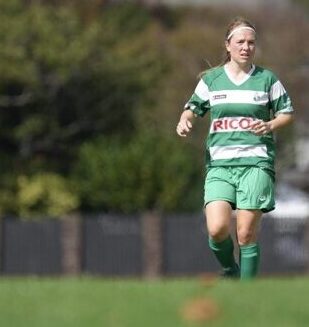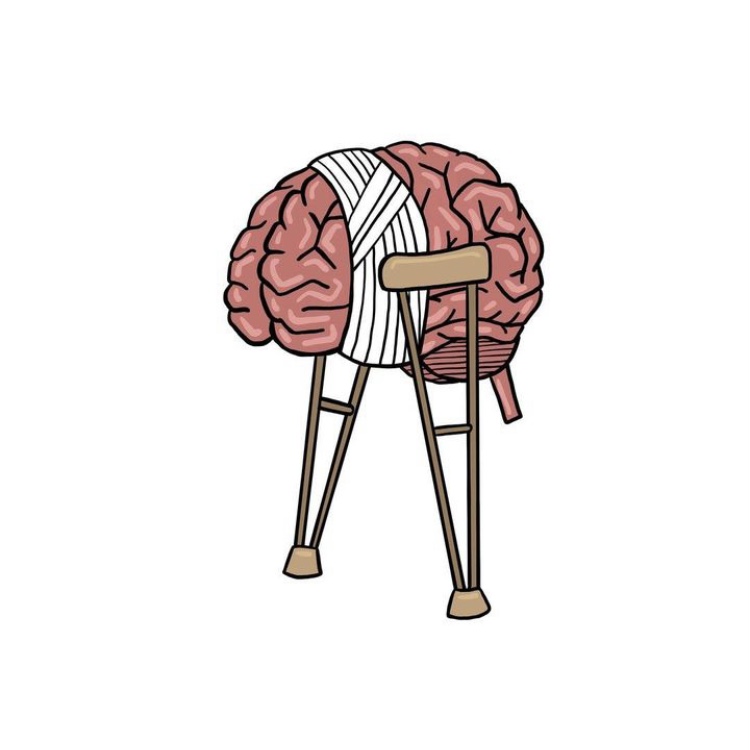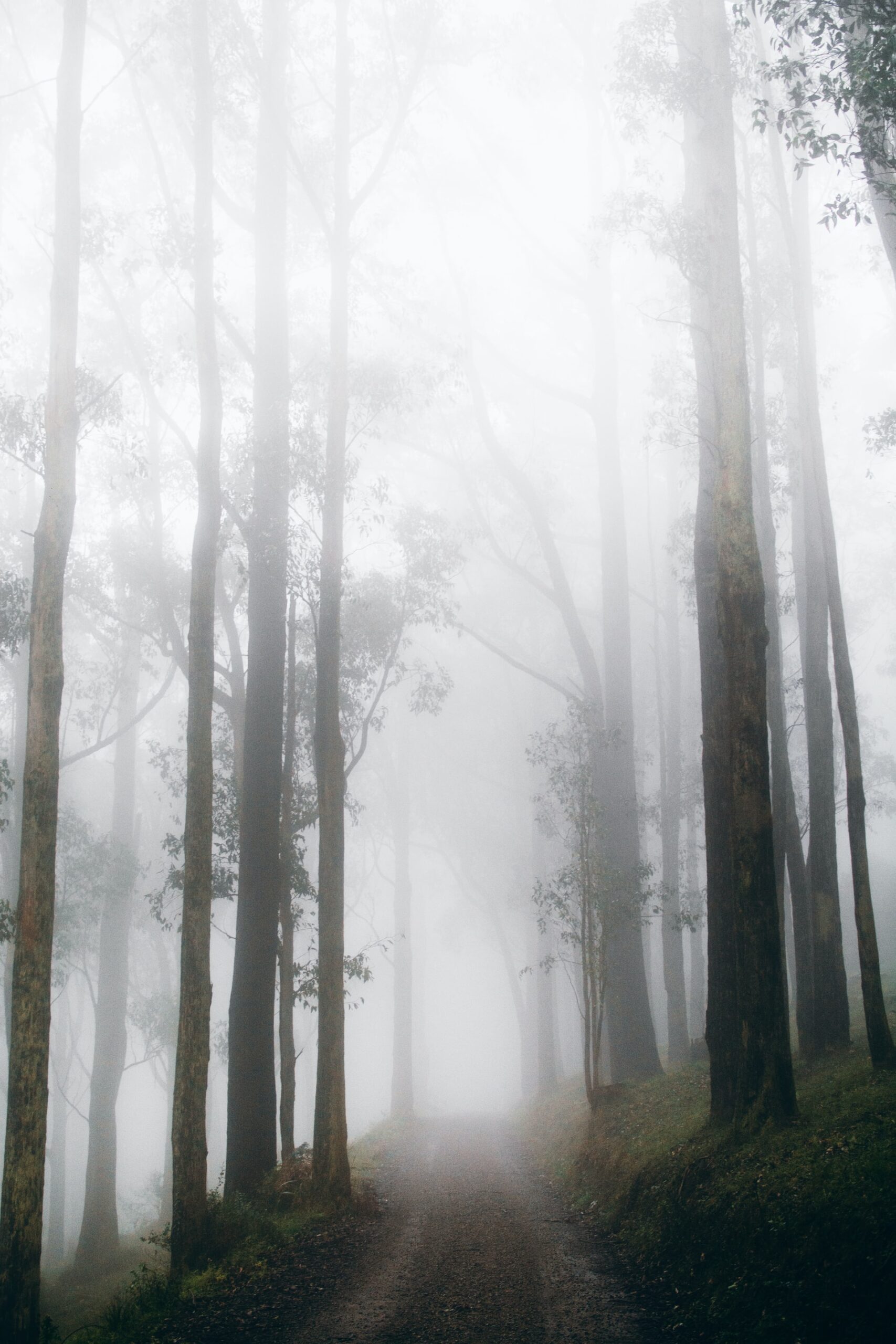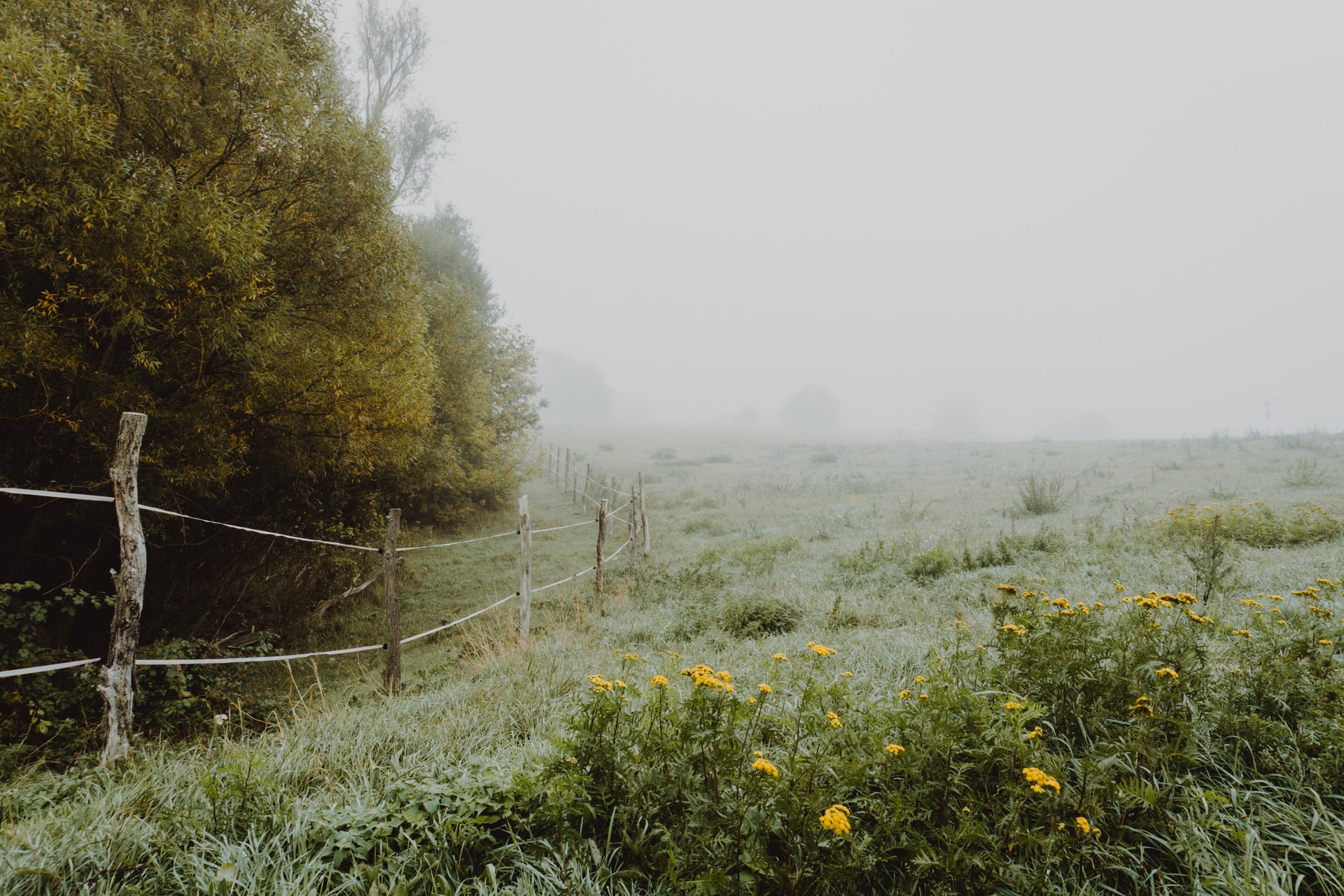
Written by Isabella McCafferty
Traumatic brain injury (TBI) is defined as an alteration in brain function, or other evidence of brain pathology, caused by an external force (Carroll, Cassidy, Holm, Kraus, and Coronado, 2004). ACC statistics show that nearly 14,000 people are treated for TBIs each year in New Zealand. About 20% of those are sports-related. A huge number of people who sustain a TBI don’t actually seek medical assistance, so it is widely believed that any statistics only account for a small number of people who sustain the injury. They’re a growing problem in New Zealand.
TBIs can have a profound effect on the person and their whānau. When a TBI affects a person’s quality of life it also affects the community and the economy. I’ve personally experienced those profound effects.
TBIs can have a profound effect on the person and their whānau.

@scottthepainter
A hidden injury
A concussion is one of the many hidden injuries we sometimes find ourselves trying to heal from.
There also is isn’t really enough known about the injury, the science of concussion is still limited.
Both of these things make it a lonely experience.
Recently I was encouraged by this depiction of those hidden injuries by @scottthepainter and his caption, “Be kind to everyone you meet. Not all healing is visible.” Although I’ve never broken a bone in my life thus far, living with things that are not visible is not unfamiliar to me. This image helped me feel a little less alone in that healing.
The early stages of my injury coincided with the second national lockdown in New Zealand in response to the Covid-19 pandemic. All of a sudden everyone was stuck at home again, people’s lives became smaller again. For me, nothing really changed this time around. In fact the first four months or so of my injury were effectively a kind of individual lockdown anyway.
Overall though, living with concussion has been for me best described like living in fog.
I was reminded just before the injury actually about how to deal with real-life fog. I found myself one evening traveling through thick, thick fog on the open road. The thing about driving in fog is that you have to slow down… and you have to keep your lights down low. My initial reaction was to try and add more light to the situation, to try and see better. But throw your lights on high beam in fog and you are well worse off, in fact the light just reflects back at you and severely limits your visibility.
As I’ve waded through the foggy concussion existence, I’ve thought of that night driving home.


Life Post-Knock
Getting closer to eight months on, I’m still not back at work full-time. I still experience the impact of the injury most days in some way. I haven’t traveled further than an hour away from home since the knock. I feel disconnected.
The reality is, my life is different post-concussion.
My day-to-day capacity may never return to how it was a year ago.
I’ve got glasses now.
I’m scared to play contact sport again.
My relationships have been impacted due to either my absence, or how I’ve coped with the injury.
I feel more emotional about things that I usually managed to keep together.
My world is smaller.
Back to that snow globe
“Less talked about is the impact on a person’s psyche.” Dr Shree Bhalerao, a psychiatrist in Toronto who specialises in TBI says: “You can shake the globe, but all the parts don’t settle in the same way. A huge part (of concussions) is the psychological piece.”
Concussion changes the way our brain processes information changes.
I feel like I have to accept that the flakes of snow haven’t settled the same way as before the injury. I’m learning to better understand how to adjust my expectations of myself and shift things around to be able to keep moving forward. I’m learning to be okay with the way things have changed.
As with many of the most difficult things in life, after time has passed we can start to see those ‘silver linings’ a little. And the concussion has taught me some things.
help with the recovery…
rest | low stimulation
consistency | routine
professional support
good sleep habits
audiobooks | colouring-in
cooking + baking
adjusting expectations, living more simply
below are a few examples of the things that have helped or have emerged from my concussion life.
How to be Concussed
Cooking + Baking
Low Stimulation
This applies to light, noise, activity, mental stimulation… in the early stages I found that colouring in + listening to audiobooks were the only two things I could do to beat boredem while not over doing it.
New Opportunities
I had the space from basically all the normal life things to see opportunities to create something I’d had in the back of my mind for a long time.
So, CURATE is kinda of the silver lining to a very difficult experience and trying to recover from the concussion.
